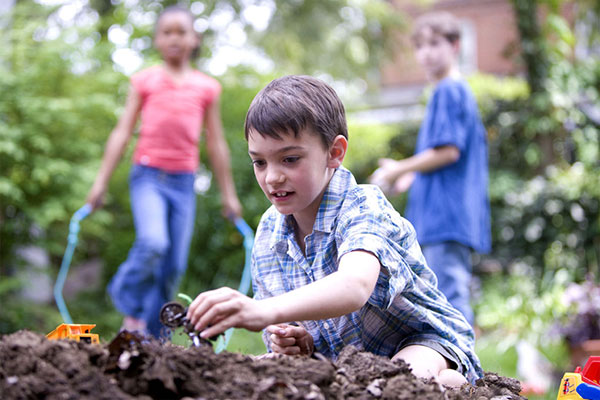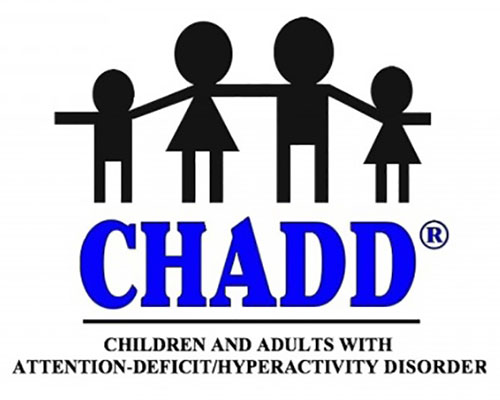Read the detailed description of Quest's Summer Camp information!
Click HERE for the CHADD Talk Flyer
Monday, March 9, I will be CHADD’s speaker giving a talk on the “hidden rules” of social skills for children with attention difficulties.
Read Our Latest Announcement!
Dear Friends of Quest,
I hope that this monthly installment of our newsletter finds you happy and healthy! We are excited to announce that we have set our summer calendar and summer registration will open on February 15th!
Summer Camp Dates are:
June 27th to August 11
at the Central Library in Huntington Beach
This issue of our newsletter is focused on finding the right camp for your child. At Quest, we are proud to provide an innovative treatment program through our therapeutic summer camp and school year therapy groups that have been proven to reduce problem behaviors not only at camp, but in school, at home, and in everyday life. We hope that our newsletter will be a source of support and applicable information to improve the lives of the amazing children and families in our community.
Sincerely,
Jodie Knott, Ph.D.
Director and Licensed Psychologist
Quest Therapeutic Camps of Southern California
Selecting the Right Camp for a Child with Social, Emotional, and/or Behavioral Challenges
Selecting the right camp for your child can be challenging for any parent. This can be especially true though for a parent of a child who has social, emotional, and/or behavioral challenges. The great thing is there are so many types of camps out there from day camps to residential camps and camps that are specialized such as camps that focus on a specific sport, dramatic arts, LEGOs, Robotics, and camps that are specifically designed for a child with special needs.
Often I find that parents feel a lot of stress about picking the right camp since often children with social, emotional, and/or behavioral challenges have had difficult experiences in the past at places like on the school playground or if they have been in a camp setting that wasn’t the right match for them. Parents want the camp experience to be a success for their child. In addition, parents often discuss with me concerns about their child’s lower self-esteem related to past social and behavioral issues and they want camp to change this pattern through a success experience.
- Is your program accredited?
- How much structure is built in to your typical day?
- What is your camper to staff ratio?
- What are the typical levels of qualifications of your staff? Level of training?
- Do your staff have training in working with children with ___________ (social, attention, behavioral, emotional, etc.) issues?
- What kind of support will be available if my child has a problem?
Bob Ditter, a licensed clinical social worker, who specializes in camp related mental health issues also recommends some potential strategies that could be potentially helpful for working with challenging camp behavior.
Here are four tips he provided related to a case example of a girl with attention difficulties who was asked to leave a residential camp early one year and the family and the camp were trying to decide if she should re-enroll in camp the following summer.
Ditter recommended:
- Provide a release of information so that the camp can speak with your physician if your child is prescribed medication.
- Have the camp provide a special adult contact person for your child to assist your child in making friends
- Have the camp provide at least 2 gross motor activities per day such as soccer, dance, swimming or yoga
- Have the child have a built in “chill time” to write in a journal or draw [1]
These two sets of questions will hopefully be helpful to a parent who is possibly considering a typical camp since the responses from the camp should give you some sense of how familiar and competent they might be in working with a child who might need a little more support to be successful.
The top list focuses a little more on typical standards built in, while the second list is focused on whether the camp have things incorporated that we know work as interventions or are they willing to put these interventions in place.
The next level of questioning is for parents to decide how they want to use their time for the summer. If parents begin to ask if they want their child to attend a camp that is truly a specialized camp tailored for children with social, emotional, and/or behavioral needs then the focus is different. For example, at Quest in general our ratios are much smaller, our staff is older and more educated, more structure is built into the day, and specific therapeutic interventions are daily occurrences for all campers versus special additions camp staff are trying to implement with a few isolated campers.
We think of Quest as 32 hours a week of intervention through a day camp framework, which needs to feel fun and like camp to kids, while also balancing very lofty treatment goals for each camper. I meet with a lot of other directors of accredited camps and we have some things in common. In general, we talk a lot about safety, creating fun environments, and places that help children develop the 21st century skills. When it comes to specialized programs is where we really start to differ and our camps are more unique.
Some of the things that I believe set Quest a part are that I am kept up at night thinking about how we have to creatively fit more fun therapeutic programming in for our kids even though on a typical day we might already do social thinking, games in the park, an experiential therapy activity, and a mindfulness activity like yoga, soccer, all through our Quest Therapeutic Model. Quest is also set a part since we also get to work with the very best campers–no doubt about it.
Ultimately parents are the expert on their child and they can use what they know, plus all the information they gathered about various camps to make the best decision. I hope that these questions might be helpful for parents as they are deciding what type of camp program is right for their child this year since a child’s needs change over time.
I am excited to say that a lot of our campers come to Quest to learn some skills and then are ready to transition to other programs. I see a lot of these questions being appropriate for our previous camp families to select the right camp as our campers are ready to leave our nest and soar as that is always one of our top goals.
[1] Ditter, B., Case Studies: Working with Challenging Camper Behavior. Camping Magazine, November/December 2015 10-11.


